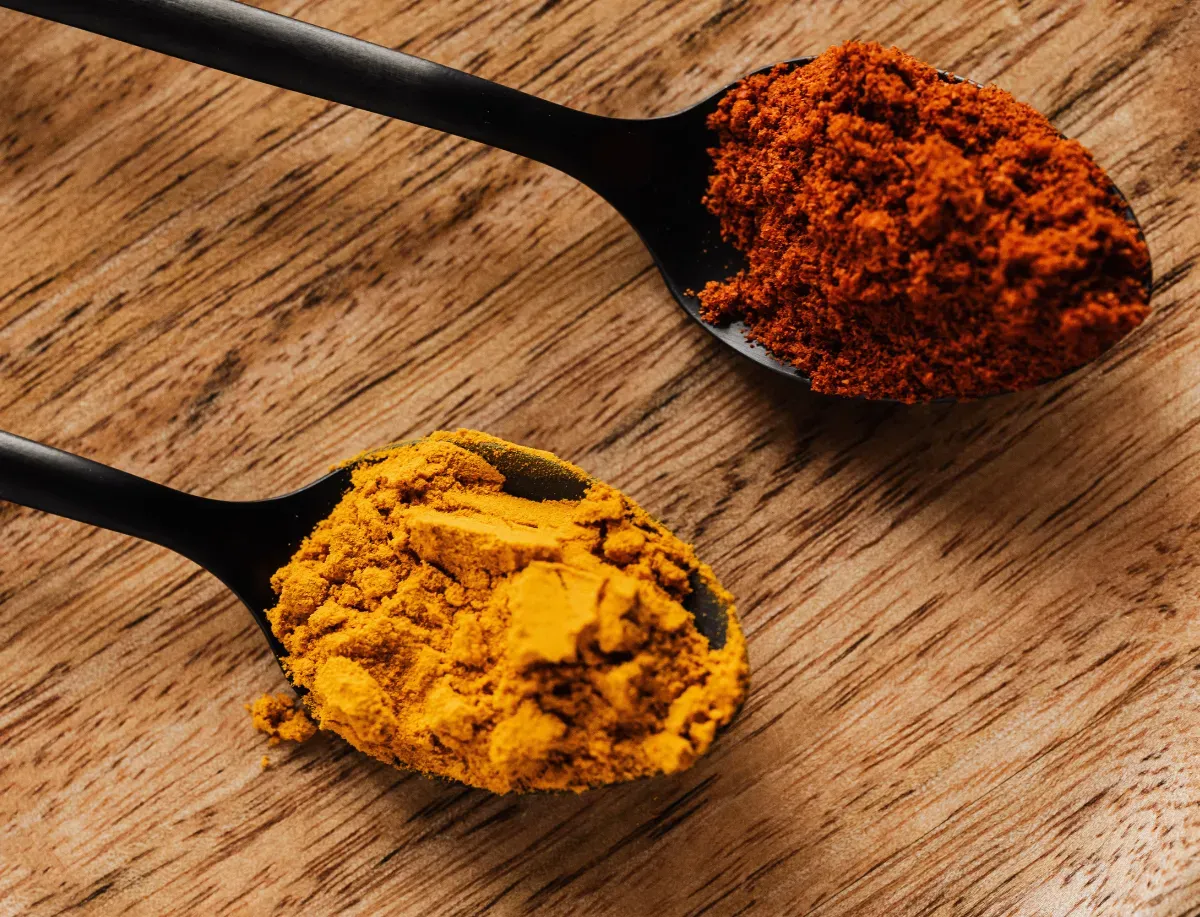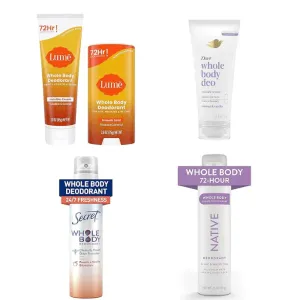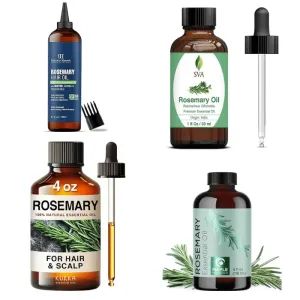Table of Contents
Turmeric and Curcumin supplements are all the rage, but what’s the difference between the two?
Well, turmeric contains a small amount of curcumin, while curcumin is the main active compound in turmeric. Also, curcumin is more easily absorbed by the body than turmeric.
Although both of these compounds have incredible health benefits, their supplements differ in a few ways. If you want to reap their full benefits, it’s important to know which supplement is right for you.
Don’t worry this article will help you out. We’ve gathered all the essential information to help you learn about the differences between turmeric or curcumin supplements! So, keep reading!
What is Turmeric?
Turmeric is a bold, yellow-to-orange spice that comes from the roots or rhizome of the Curcuma longa plant. It is a flowering plant, from the ginger family, which is commonly found in India and other areas of Southeast Asia.
Turmeric is a household spice that is used to impart a bright color to a variety of Asian dishes like curry and many others. It has a bitter-sweet taste like that of ginger root and is often linked with a variety of health benefits.
It is the anti-inflammatory and antioxidant properties of turmeric spice that make it a popular traditional medicine. For instance, it has a strong therapeutic potential which makes it an essential part of complementary therapy for treating issues like arthritis or joint inflammation, bloating, gas, etc.
What is Curcumin?
Curcumin is a group of plant chemicals known as curcuminoids. This yellow pigment gives turmeric its distinctive yellow color and serves as the turmeric's main active ingredient. Chemically speaking, it is a polyphenol having anti-inflammatory effects and the capacity to boost the body's production of antioxidants.
Curcumin supplementation is a promising way to combat inflammation and promote health. Studies show that it can lower biomarkers of chronic disease such as LDL cholesterol, blood pressure, or diabetes while having mild-to-some positive impacts on osteoarthritis pain levels.
The turmeric extracts, including curcumin, are used to create supplements with far higher efficacy than the original spice. However, because curcumin does not digest well, a wide range of formulations have been developed to increase its bioavailability.
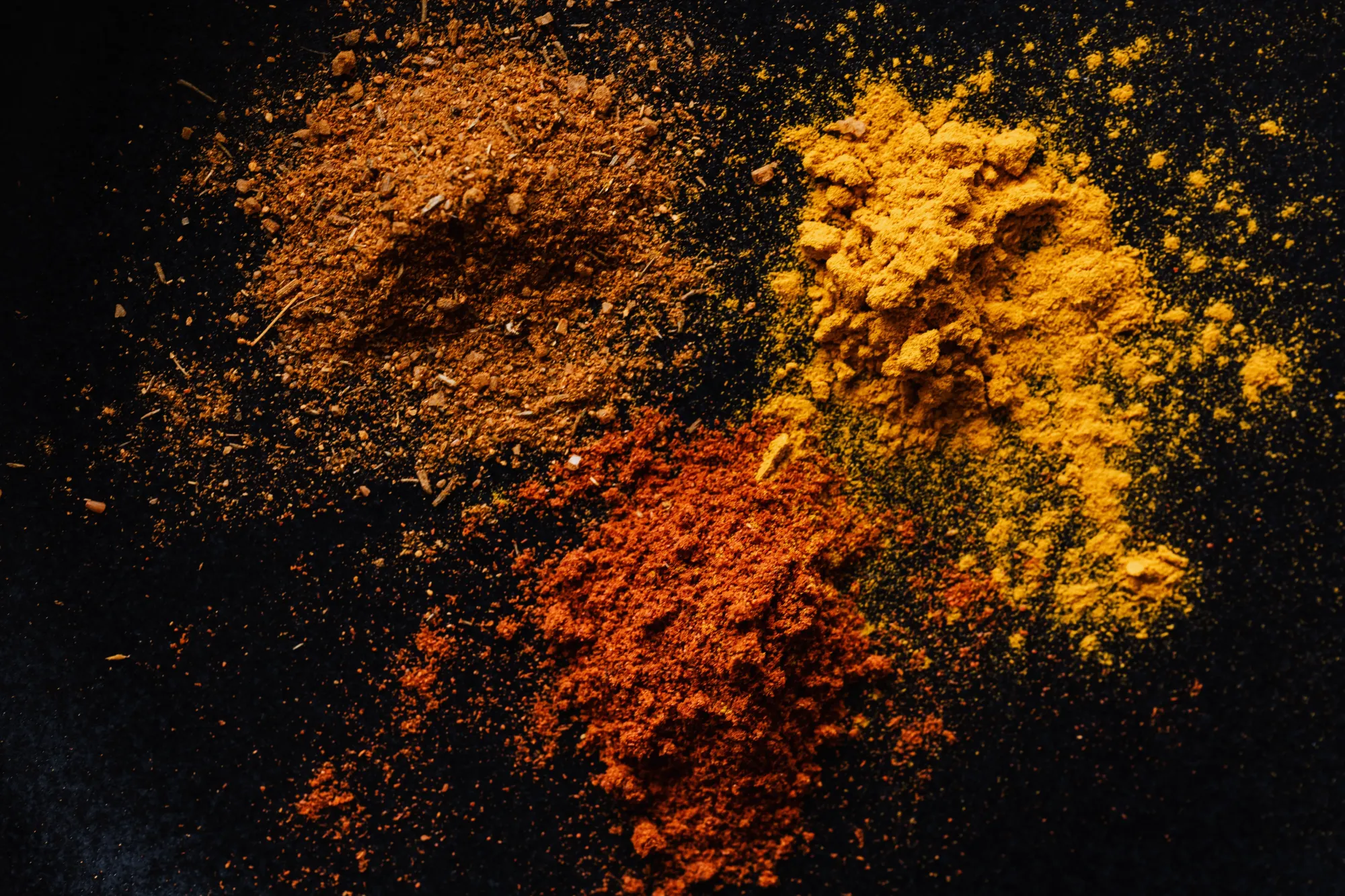
Turmeric And Curcumin Supplements
Since both, the spice and the pigment, have many health benefits, healthcare and nutrition experts urge that people should consume them in adequate amounts to reap maximum benefits.
There are many ways to consume them. For instance, people often use turmeric powder in their food items, and dishes or sometimes added to milk. Turmeric root is also used to make beverages like turmeric tea. If you don’t want to consume powdered or ground spice, you can consume them in supplement form.
There are many turmeric and curcumin supplements available on the market. However, people often wonder if they are different or the same. Well, they are a little different but mostly the same and share a lot of common benefits and characteristics since curcumin is actually an ingredient found in turmeric. Let’s have a look.
Benefits of Turmeric Supplements
The significant anti-inflammatory and antioxidant effects of curcumin alone have been very well demonstrated. However, experts believe that there are other components in turmeric that contribute to the spice's various health advantages making it a better choice between the two.
In one study, turmeric was found to be more efficient than curcumin at slowing the growth of breast cancer cells. While the latter only demonstrated a 33 percent growth inhibition, the former was associated with a 66 percent reduction. Similar patterns were observed in different tumor cells, indicating that curcumin may not be turmeric's only powerful plant ingredient. However, this study was conducted in vitro, which is separate from a living thing. Trials on both humans and animals are thus required to validate these results.
Another study found that while all eight turmeric ingredients, including curcumin, had antifungal properties on their own, the effects were enhanced when all eight were consumed. This study was published in PLoS One.
Benefits of Curcumin Supplements
Numerous advantages of turmeric have been attributed to curcumin, which is included in most turmeric preparations in amounts ranging from 2 to 8%.
Some studies have suggested curcumin may be a more potent anti-inflammatory medication than ibuprofen and aspirin. Two modest studies suggest that curcumin may even aid in the treatment of inflammatory joint diseases including osteoarthritis and rheumatoid arthritis.
Other research suggested that curcumin may have heart-protective advantages, mostly via enhancing vascular endothelial function. It included 39 post-menopausal women and healthy men and was published in the journal Aging. The condition of the flimsy membrane that lines the inside of the heart and blood arteries and helps control blood pressure is referred to as endothelial function. Its lowering is often linked to risks of heart disease risk and curcumin is thought to prevent it.
According to the Mayo Clinic, curcumin may aid in the prevention and treatment of several cancer types, including prostate, breast, and stomach cancer. A tiny study discovered that type 2 diabetic individuals who added curcumin to their metformin had reduced blood sugar levels. More study, according to the study's authors, is required.
Some Common Benefits
According to research, curcumin and turmeric both have many advantageous properties that justify their popular use in ayurvedic medicine.
For instance, research indicated that curcumin and turmeric both helped lower levels of "bad" cholesterol, commonly referred to as low-density lipoprotein (LDL) cholesterol and triglycerides, which may help lower your risk of heart disease.
In addition, another study suggests that turmeric and curcumin may lessen obesity by reducing the chronic inflammation linked to the condition.
Research from the past and the present, including a study that appeared in the Indian Journal of Clinical Biochemistry, suggests that curcumin and turmeric may both be useful for reducing oxidative stress, inflammation, and blood sugar levels in people with type 2 diabetes.
How Are The Two Different?
A turmeric supplement will offer you a whole-food approach and usually retains the natural nutrients of the turmeric extract. However, a curcumin supplement is the isolated form of the most bioactive compound found in turmeric powder.
Also, the bioavailability of turmeric and curcumin differs to a great extent and thus counts for a notable difference between the two supplement types. Although neither of them is well absorbed without a little quantity of fat or oil, turmeric reportedly has more bioavailability as compared to curcumin.
Numerous investigations have demonstrated that curcumin has very poor bioavailability, with very low or even undetectable quantities in blood and extraintestinal tissue. The main reasons behind this are its;
- Low absorption
- Quick metabolism
- Chemical instability
- Quick systemic elimination
Since turmeric supplements have natural turmeric extracts, with already higher bioavailability, they might require little to no additional oils. Also, they are already loaded with natural oils which help the body absorb turmeric easily.
On the other hand, curcumin supplements have an isolated compound with a lower bioavailability. Thus, they may require the addition of essential fatty acids or oil to increase their bioavailability.
Another potential way of increasing the bioavailability of the supplements is the addition of black pepper extract. Studies have shown that black pepper increases the bioavailability of both turmeric and curcumin.
In fact, you'll notice that many curcumin or turmeric supplements include a black pepper extract called piperine, which is the active compound in black pepper. It has been demonstrated that piperine prevents the components of turmeric or curcumin from being destroyed during digestion, allowing it to remain in the body for a longer period of time.
This results in a significant increase in potency and effectiveness and is probably the reason behind the profound demand for these supplements.
The next major difference between the two supplement types is their dosage.
There are some studies that suggest the daily dose of turmeric to be ranging between 500 to 2000 milligrams. The participants in the study were administered with the respective dose daily and they showed no harmful outcomes. However, the dose was in the form of turmeric extract. It has the highest concentration of the nutrients as compared to powder or supplements.
According to experts, the best supplement brands usually combine 1000-1500 mg of turmeric root powder along with 150-250 mg of curcumin. This is an ideal dose for people beginning with turmeric supplements and is beneficial for the majority.
If the product of your choice falls within this range, it is good to use.
Considering curcumin, its recommended daily intake is 1.4 mg per pound or 0 to 3 mg per kg. This is what the WHO has declared.
Due to poor bioavailability, curcumin supplements are often supplemented with piperine. According to the experts, it is safe to take 1,500 mg of curcumin and 15-20 mg of piperine per day. A supplement offering you a similar dosage will be best to use.
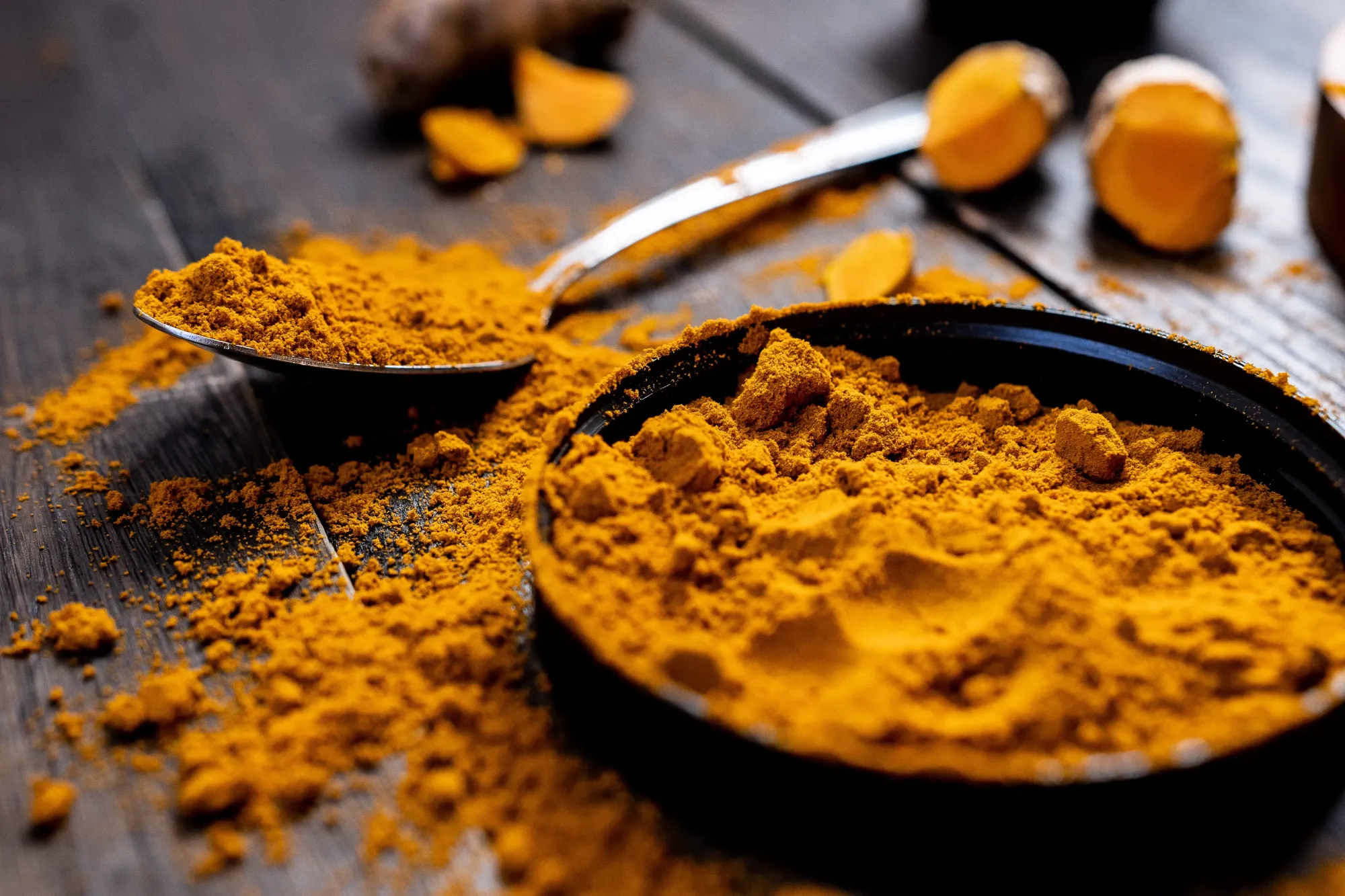
The Better Supplement For You
More investigation is necessary before scientists can accurately contrast the advantages of consuming turmeric against curcumin. So, for now, which supplement you select ultimately may depend on your particular preferences.
If you ask us for a sincere recommendation, we'd say that choosing a turmeric supplement might be the best choice. It is because it is always safe to attempt to consume something that is as close to food as feasible. After all, compared to a typical serving of ground turmeric, turmeric supplements often have substantially higher concentrations of curcumin and other plant compounds.
If you choose a turmeric supplement, you'll receive a significant amount of curcumin as well as other advantageous curcuminoids and plant substances. However, this doesn't mean that curcumin supplementation should be avoided. It all depends on your intended use and expected health benefits.

